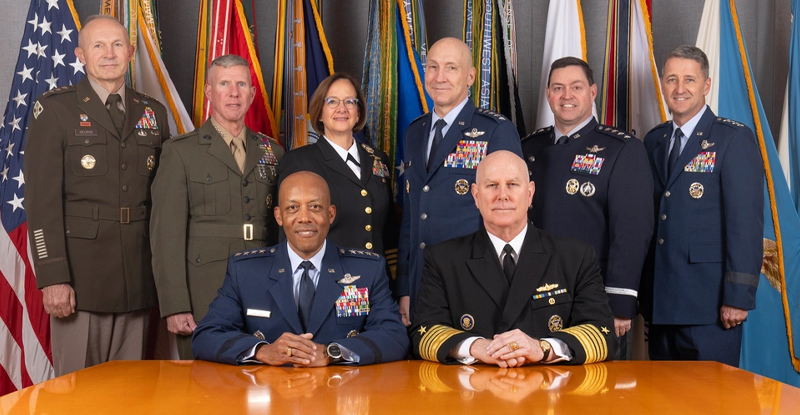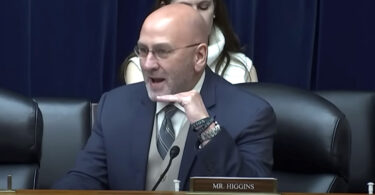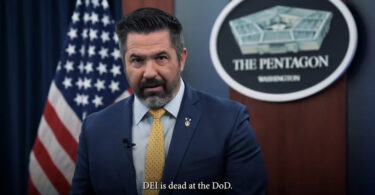The Counterintelligence Policy Advisor for the Chairman of the Joint Chiefs of Staff, Gen. CQ Brown, just published an article on ClearanceJobs entitled, “Why Diversity and Inclusion Are Essential for National Security.”
Didn’t he get the memo?
He starts off saying, “national security community must embrace diversity and inclusion” and hides behind the often-used shield of “diversity of thought or skills” by DEI advocates to then justify the identity ideology of race, gender, etc.
No one has issues with bringing different viewpoints to the table, but advocates will then act like all Hispanics bring the same viewpoint because they are Hispanic, and all Blacks have the same viewpoint, etc. They say this is why it’s important to choose a Hispanic or a Black person because they bring a different view. Really? What about a Black person with the same views as a White person?
The same old-speak is used throughout the article, such as:
“When a national security workforce is dominated by individuals from similar religious, cultural, ideological, ethnic, sexual, or political backgrounds, their perspectives tend to be narrow.”
“A workforce with more ideological, cultural, and regional diversity might have provided alternative insights, potentially preventing one of the most controversial military interventions in modern history.”
“When national security professionals come from varied religious, cultural, sexual, and political backgrounds, they introduce alternative perspectives that improve strategic planning and intelligence analysis.”
“While recruiting a diverse workforce is critical, true effectiveness comes from fostering an inclusive environment where all voices are valued.”
“National security agencies have struggled with retaining minority, LGBTQ+, and women professionals due to institutional barriers and workplace cultures that do not fully support them.”
and ends with this:
“To ensure the protection of the United States, the national security community must fully embrace diversity and inclusion—not as a political initiative, but as a strategic necessity.
A workforce that reflects the complexity of the world it defends will be better equipped to navigate the unpredictable challenges of the future.
Whether countering disinformation, analyzing emerging threats, or engaging with allies across the globe, diversity and inclusion are not just moral imperatives—they are operational imperatives for America’s security in the 21st century.”‘
Here’s hoping he wrote this DEI-praising article before January 20 and they just now awkwardly published it because DEI is officially out from the Commander-in-Chief: it’s divisive and no one likes being force-fed this ideology. The fact that the author is currently advising the CJCS Gen. Brown is troubling.
His bio says:
Shane McNeil has a diverse career in the US Intelligence Community, serving in various roles in the military, as a contractor, and as a government civilian. He is currently the Counterintelligence Policy Advisor for the Chairman of the Joint Chiefs of Staff. His background includes several Army combat deployments and service in the Defense Intelligence Agency (DIA), where he applied his skills in assignments such as Counterintelligence Agent, Analyst, and a senior instructor for the Joint Counterintelligence Training Activity. He is a Pat Roberts Intelligence Scholar and has a Master of Arts in Forensic Psychology from the University of North Dakota. He is currently pursuing a doctorate in Statesmanship and National Security at the Institute of World Politics in Washington DC. All articles written by Mr. McNeil are done in his personal capacity. The opinions expressed in this article are the author’s own and do not reflect the view of the Department of Defense, the Defense Intelligence Agency, or the United States government.








Leave a Comment